비교적 간단한 비즈니스 모델과 가치사슬이 특징이었던 에너지 산업이 점점 더 복잡해지고 있습니다.
에너지 기업 운영에 참여하는 사람이라면 핵심 활동과 전략을 관리해야 할 뿐 아니라 정부 기관과 이해관계자, 고객, 직원까지 만족시켜야 한다는 것을 이해하고 있을 것입니다. 경제의 탈탄소화가 전 세계의 모든 이해관계자에게 우선적인 관심사가 된 지금은 이런 요소를 모두 고려하는 것이 더욱 중요합니다.
그리고 에너지 부문은 탈탄소화에서 가장 중요하다고 할 수 있을 정도로 핵심적인 역할을 합니다.
Enerdata의 서비스는 에너지 기업이 이처럼 핵심적인 역할을 수행하는 입지를 백분 활용할 수 있게 해줍니다. 핵심 운영에 대한 집중을 유지하는 동시에 전체적인 상황을 보면서 자신 있게 전략적 결정을 내릴 수 있게 돕습니다.
전 세계적으로 인정받는 Enerdata의 에너지 및 기후 관련 전문지식은 신뢰할 수 있는 독점 모델에 기반하며 완전히 독립적으로 제공됩니다.
이는 에너지 기업이 현재와 미래의 가치를 극대화하고, 지속가능성 기준을 준수하고, 기업과 산업 그리고 사회 전반에서 인정받을 가치를 창출할 수 있음을 의미합니다.
Different organisations: Different needs
For automotive industry: Anticipating future energy prices and ever-changing policies is imperative to understand evolving consumer demand, usage and market trends.
For Government Bodies: Address the significant role of transportation in CO2 emissions, with oil still dominating 90% of the market share. Decarbonisation strategies are essential to meet climate goals.
A strategic, data-driven approach will help your company gain insights, optimise its resources, reduce environmental impact, ensure compliance, and drive sustainable growth in a competitive market.
기술 제공업체의 과제를 해결하는 Enerdata의 전문지식

비즈니스 탈탄소화를 위한 다각화:
- 에너지 기후 정책 시뮬레이션
- 높아지는 세계 수요에 부합하기 위해 에너지 생산을 증가할 지속가능한 방법 모색
- 클린 에너지원(전기, 수소, 합성가스…) 및 바이오 에너지(바이오 연료, 바이오 가스, 바이오매스…)로 다각화
- 녹색 운영에 투자

최고의 투자 결정과 전략 이행 예를 들어, For example, you can:
- 재생에너지 프로젝트의 ROI 계산
- 국가, 부문, 최종 용도, 산업 분류별 에너지의 수요 모니터링과 예측
- (전 세계의 모든) 에너지 산업이 총망라된 Enerdata의 데이터를 기반으로 새로운 기회 파악

Enerdata의 중립적인 관점에 기초해 예측 모델을 수정하고 벤치마크:
- Enerdata 턴키 모델의 혜택
- 독점적으로 제공되는 포괄적인 최신 데이터베이스를 활용해 데이터 강화
- Enerdata의 독립적인 견해를 분석에 통합
- Enerdata의 결과와 그래프를 쉽게 내보내기하여 분석 자료, 발표 자료, 보고서를 뒷받침
Trusted by our clients
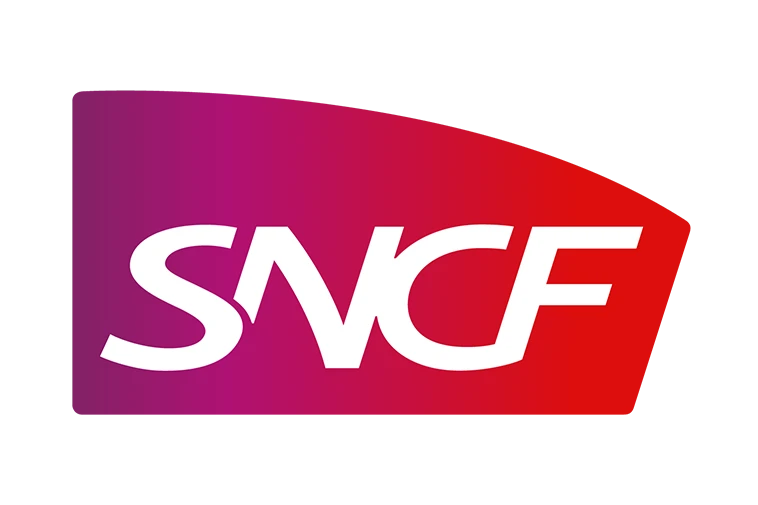
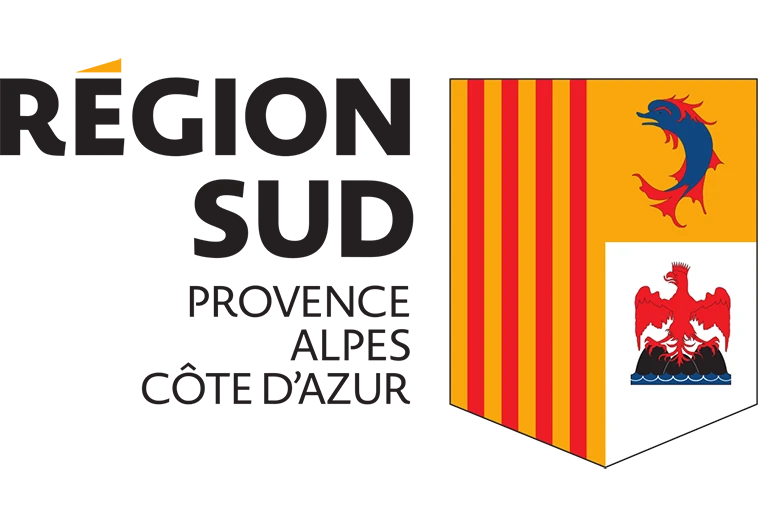
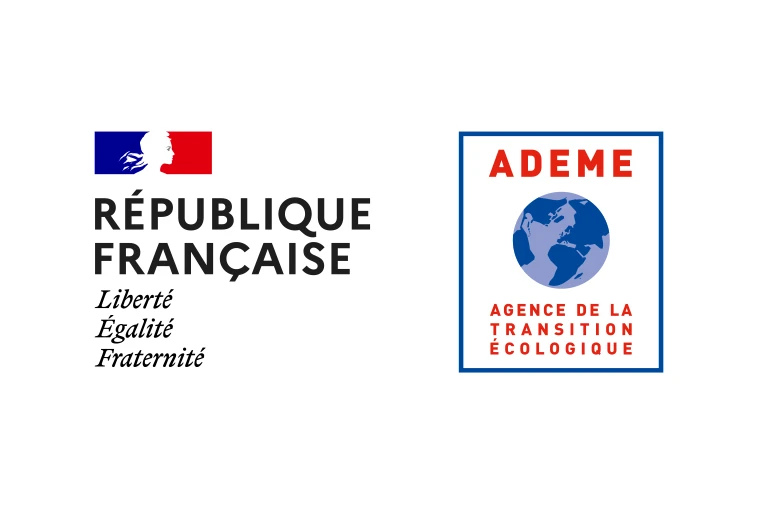


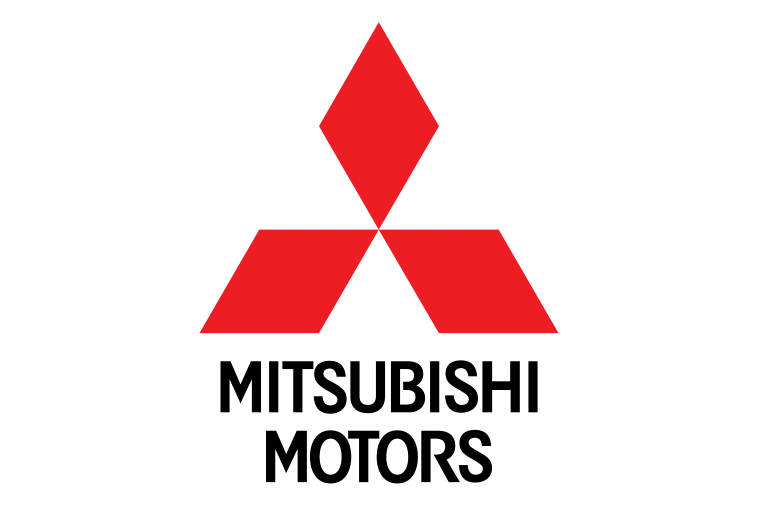
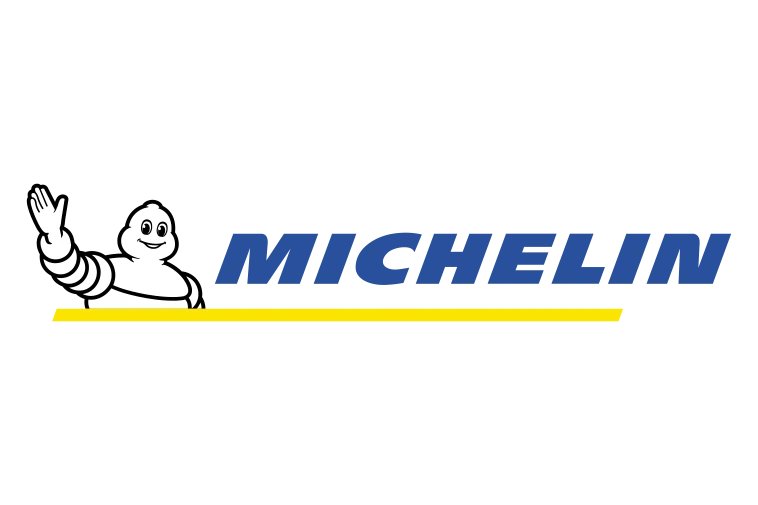
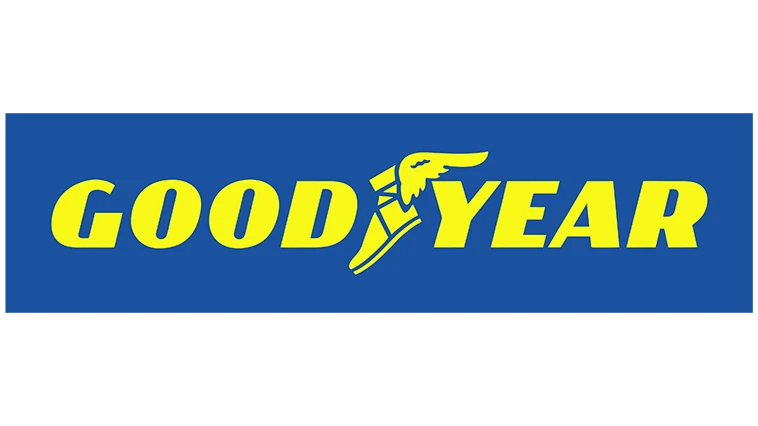
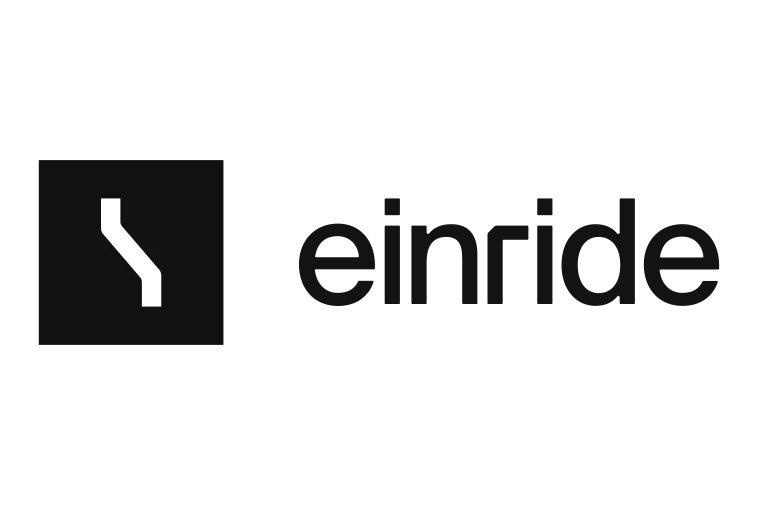
Renault – Discrepancies arising due to the usage of different price forecasts by the different teams, for their market studies were eliminated when they started using Enerdata’s robust price forecasts to define their group strategy. By adopting a standardised forecasted data set, all teams could align their insights and objectives.
SNCF – Enerdata, in partnership with Compass Lexecon and Solagro, developed long-term energy price projections for SNCF's decarbonisation strategy, covering global oil and gas, European power, French bioenergy, and end-user price components
Region-SUD – To prioritise measures for reducing transport-related GHG emissions by 2050, Région SUD collaborated with Enerdata to develop Abatement Cost (AC) curves using three decarbonisation scenarios, assessing CO2 reductions and economic impacts. Enerdata provided the NOTOS tool, enabling autonomous scenario generation, cost-benefit analysis, and public policy decision-making, supported by expert-led training and a scientifically validated methodology.
ADEME – ADEME commissioned Enerdata to develop EVEREST2, an improved model for the transport sector, supporting more details than EVEREST, like breaking down car traffic by distance and adding new e-fuels to the air and maritime transports. Enerdata leveraged their know-how to fill the model with data and make sure it matched official statistics. This model will enable ADEME to explore five pathways to reduce emissions from transport by 2060.
관련 제품 & 솔루션
EnerFuture : 글로벌 에너지 예측
2050년까지 국가 수준의 부문별 수요, 가격, 발전ㅡ GHG 배출에 대한 장기 전망을 통해 모든 에너지와 다양한 전력 구성을 전망합니다. 전 세계적으로 인정받는 POLES 모델의 4 가지 독점 시나리오 예측. 65 개 이상의 국가 및 집계가 포함됩니...
국가 에너지 수요 예측
이 혁신적인 서비스는 부문별 미래 에너지 소비, 최종 용도 및 산업 부문을 세분화하는 데 전념합니다. Enerdata의 국가 에너지 수요 예측은 간단한 웹 인터페이스를 통해 강력한 모델링 플랫폼을 제공합니다.
Related Publications
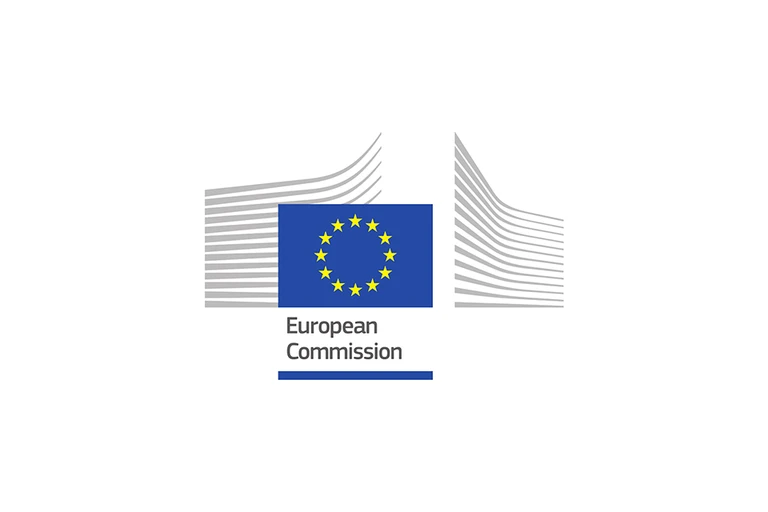
Energy efficiency trends in transport in the European Union
Enerdata is part of the Odyssee-MURE project, supported by the European Commission. We have conducted a webinar discussing the project’s det...

에너퓨처 시나리오와 한계 감축 비용 곡선
기후 목표와 온실가스 배출량 감축을 위해서는 에너지 소비 감소, 에너지 공급의 탈탄소화, 청정 기술 도입 등 에너지 시스템에 상당한 변화가 필요합니다.
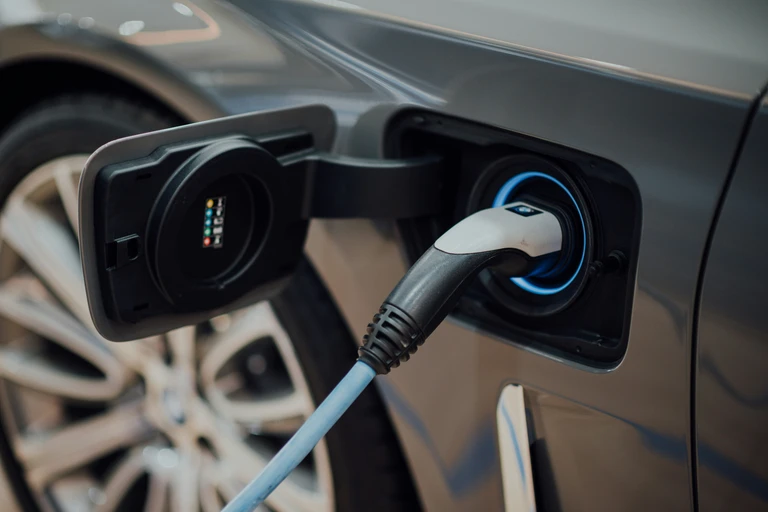
전기 자동차 보급: 예상 목표에 도달할 수 있을까요?
유럽연합(EU)은 파리 협정에 따라 2050년까지 탄소 중립 목표를 설정하고, 2030년까지 1990년 대비 국내 온실가스(GHG) 배출량을 적어도 55% 순감축하는 중간 목표를 세웠습니다. 도로 운송은 이러한 목표 달성에 핵심적인 역할을...
 에너지 및 기후 데이터베이스
에너지 및 기후 데이터베이스 시장 분석
시장 분석